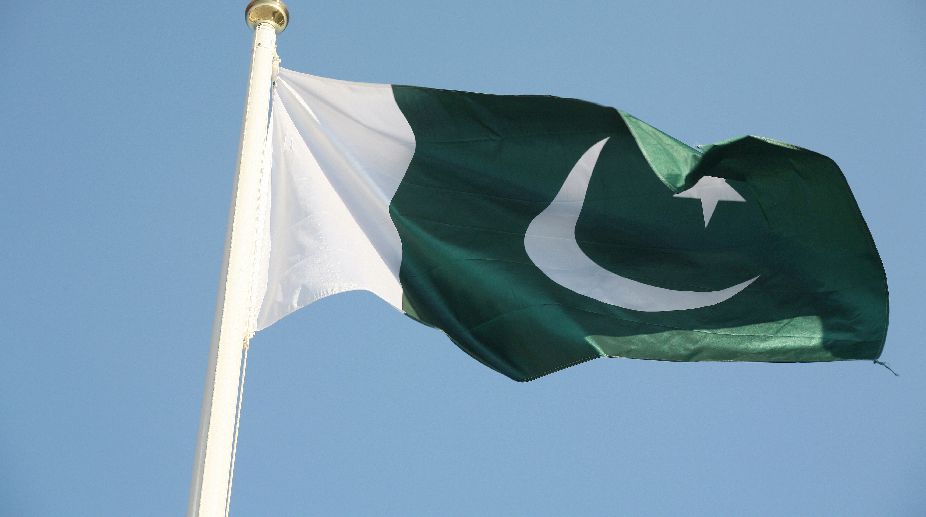A virtually lame-duck government in Pakistan has fared disastrously in its handling of the raging turmoil, as political as it is blasphemy-linked, in Islamabad. Details of the provocation for the upheaval are still rather fogbound; but the names of the parties involved would suggest that they are of the fundamentalist variety ~ Tehri-i-Khatm-i-Nabuwwa, Tehreek-i-Labaik Ya Rasool Allah and Sunni Tehreek Pakistan. Not much is known of these fledgling political parties that have, for close to three weeks, been engaged in a robust expression of muscle-flexing, and crucially on the eve of the general elections. With rail and road connectivity snapped by blockades, the tremor in Islamabad has jolted the country no less.
Saturday’s mobilisation of the military and the killing of six people in shootouts have served to bring matters to a head. That said, the army chief, General Qamar Javed Bajwa, has been remarkably restrained in his response. He hasn’t spoken in favour of ratcheting up operations against the disruptionists, but has appealed to the government and the political class for negotiations aimed at a settlement of the contentious issues. Given the fact that it is intrinsically a politically-inspired movement, the settlement must of necessity be political, without the terms of engagement being dictated by the men in uniform. This is the upshot of Sunday’s meeting of the Army chief and the Director-General, ISI, with the Prime Minister and Interior Minister. The fact that Gen Bajwa has had to curtail his visit to the UAE is suggestive of the gravity of the situation.
Advertisement
Blasphemy can be as emotive as it can be mortal; the killing of the Governor of Punjab by his orthodox security guard comes readily to mind. This time, one major demand of the protestors is the dismissal of law minister Zahid Hamid over changes in a law related to the oath on the “finality of prophethood” in the Election Act, 2017.
With its leader fighting his battles in court, the ruling PML-N is virtually rudderless, a fact that in large part accounts for its bumbling approach to the protest as it spread from Lahore to Islamabad, with the resultant dislocation in such places as Faizabad, in the vicinity of the national capital. With elections scheduled next year and the government loath to rock the right-wing applecart, it has failed to act decisively to rein in the agitators and protect the life and property of the people.
The government of Prime Minister Shahid Khaqan Abbasi has watched rather helplessly as the federal capital ~ not too far from the Rawalpindi GHQ ~ has been held to ransom. In point of fact, civilian governance and the rule of law have been in suspended animation as has education in the dominant provincial capital of Lahore. This precisely is the impression that Pakistan has conveyed to South Asia and the world in the larger canvas. The crisis cries out for a settlement.











